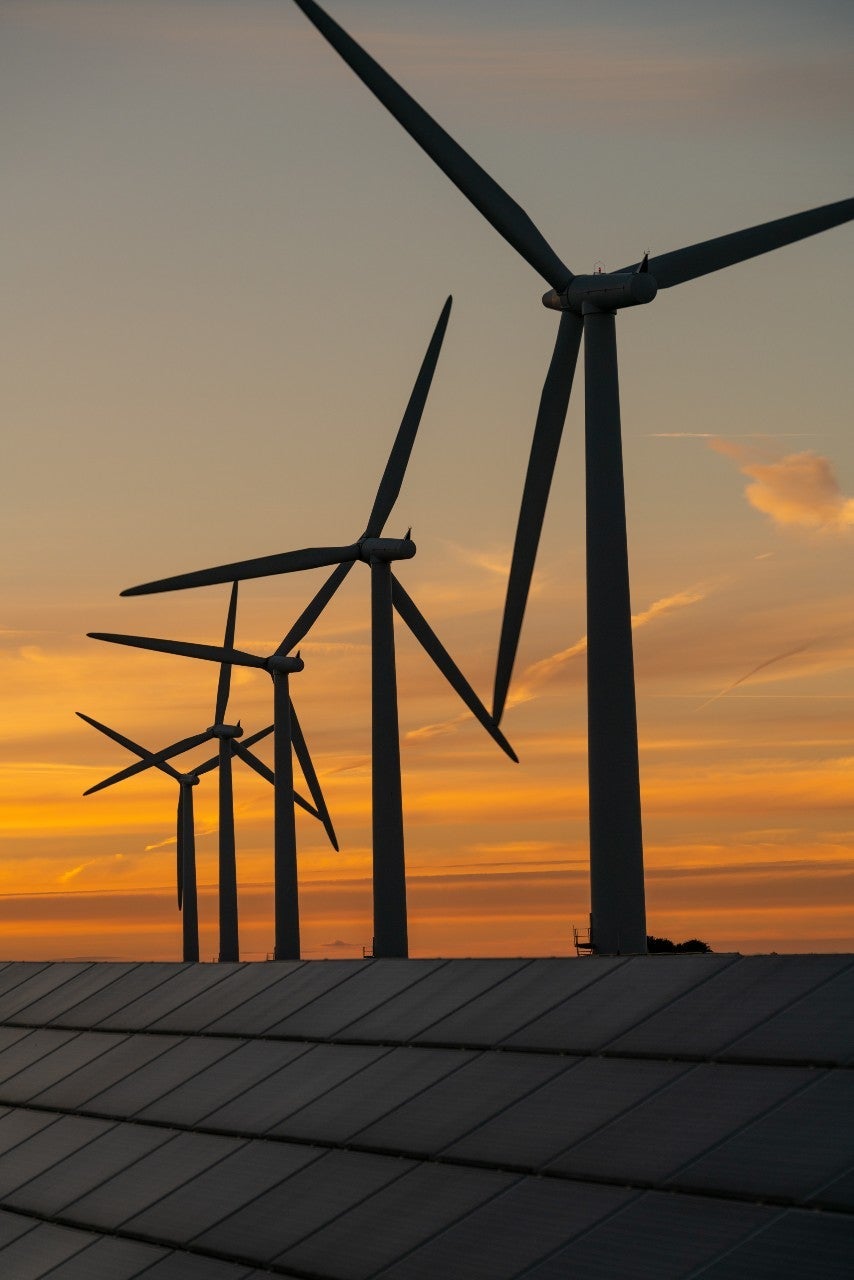

The largest country in South America, and the fifth largest in the world, Brazil is rich in natural resources in the form of agriculture, mining, oil and gas, and renewable energy. To realise the potential of those assets, however, it is targeting extensive infrastructural investment from an expanding range of investors.
“The question of priorities is a very difficult one when it comes to infrastructure,” says Martha Seillier, special secretary at Brazil’s Investments Partnerships Program (PPI). “Everywhere you look there is a lot of need, whether it is sanitation and sewage infrastructure, transport or energy.”
A former director at the Department of Regulation and Competition of Civil Aviation (DERC), Seillier was also the first woman to hold the position of CEO of commercial airport operator Infraero. She will be a key speaker at the Brasil Investment Forum 2021 (BIF) – the largest event for foreign investment in Latin America – taking place from 31 May to 1 June.
“There are also many challenges with logistics,” Seillier remarks. “The priority there is railways, which are better for sustainability than roads. Brazil is a very large country and we need to transport many things for export, whether it is agricultural products or output from our mines – but the lack of rail makes projects less competitive and more costly.”
Paving the path for investors
The Brazilian Trade and Investment Promotion Agency (Apex-Brasil) is charged with driving the country’s efforts to increase foreign investment into the country. Apex-Brasil promotes strategic events and lending support to those willing to allocate resources in Brazil, positioning itself as a “one-stop shop” for foreign investors. Alongside the Interamerican Development Bank and the Brazilian Federal Government, the agency is the main driving force behind BIF, which serves as an unrivalled forum for promoting foreign direct investment (FDI) opportunities in multiple segments across Brazil.

US Tariffs are shifting - will you react or anticipate?
Don’t let policy changes catch you off guard. Stay proactive with real-time data and expert analysis.
By GlobalData
Some segments are easier to promote than others. Historically, it has been hard to attract investment into highways, ports, railways and airports, for example, but that is changing. In April of last year, for instance, 22 airports contracts were put up for auction and the response was overwhelming. Seven bidders from four different countries took part, despite concerns over the long-term impact of Covid on the aviation sector. The country is hoping there will be similar interest in the development of rail networks.
Currently, more than 60% of projects in PPI’s portfolio are run by Brazilian companies working with public banks such as National Economic and Social Development Bank and Caixa Econômica. The remaining 40% of investment comes from overseas.
That balance may change, however, amid a strong push to open up infrastructure projects to private sector investment and reduce the reliance on public banks. Social infrastructure is a top priority.
Last year, the government changed the law to allow private investment in state-owned water and sanitation companies. Sanitation is a major target because of its importance to public health at a time when government funds are under pressure and a high proportion of healthcare spending is focused on hospitals to stem the tide of the Covid pandemic.
“We need to open up sanitation to private investment and that will create a new reality with $100bn in investment both from Brazil and abroad,” says Seillier. “The country needs a huge amount of sanitation, so that money will only be enough to implement the necessary infrastructure and we will need more to operate and maintain it.”
“Brazil has a bad record in child disease and health, but investment could change that, as well as reducing the cost of public health,” she adds. “Every dollar spent on sanitation saves three dollars in public health costs.”
Fuel for growth
For Brazil’s vast population, which stands at more than 211 million people, access to reliable energy supplies is just as important as sanitation. Auctions in 2020 yielded a $1.5bn investment in power transmission lines, and further auctions will happen every six months.
“There are many projects on the generation side, too, and many opportunities for investors to see how the market is moving forward,” says Seillier. “We have a strong legal environment in the energy sector and the rates of return are clear.”
Conventional sources offer opportunity, but there is even more potential in clean energy, given the growing awareness of climate change and the increasing adoption of environmental, social and governance (ESG) considerations in private investments. Currently, 83% of Brazil’s energy comes from renewable sources.
“The world is focused on ESG and energy generation in Brazil is very green,” Seillier remarks. “We have many wind energy and hydroelectric plants, and the opportunity to build more. In oil and gas, two Petrobras blocks are coming up for auction in 2021. We also have a big advantage when it comes to biofuels. Sugar cane derivatives make up a large proportion of the energy matrix in Brazil, which makes us a global leader.”
Currently, the privatisation of Electrobras, which accounts for 30% of power generation and 44% of the transmission network, is under way. This could open up the power sector to significant foreign investment, as could the new gas market law, which will enable overseas investors to fund urgently needed gas transmission networks.
A warm welcome for FDI
Undoubtedly, FDI will play a key role in Brazil’s infrastructure development, and the government understands the perceived risk of combining public and private investment. Flexibility is built into infrastructure contracts, which can be rebalanced to give certainty over revenues and to protect investors from changes in political or economic circumstances.
“An important part of PPI’s work is to look for more foreign investment,” says Seillier. “We need to understand why some big infrastructure companies have not come to Brazil yet, or why those already here have not expanded their investments into other sectors.”
The appetite for foreign investment is clear to see, not least in the evolution of the legal framework for overseas investment. Furthermore, while Covid has brought some infrastructure projects around the world to a standstill, Brazil has pushed ahead faster than before.
“The recovery of the economy and growth in employment will come from big infrastructure projects,” Seillier notes. “There is a lot of money in the world that is looking for projects to invest in and here there is the opportunity for long-term returns in a huge market. You have to remember that this country is very big and there is potential for growth everywhere.”
To learn more about the role foreign investors can play in harnessing such potential in sectors such as agribusiness, energy, infrastructure, innovation, health and technology, be sure to register as a virtual attendee at the Brazil Investment Forum.



